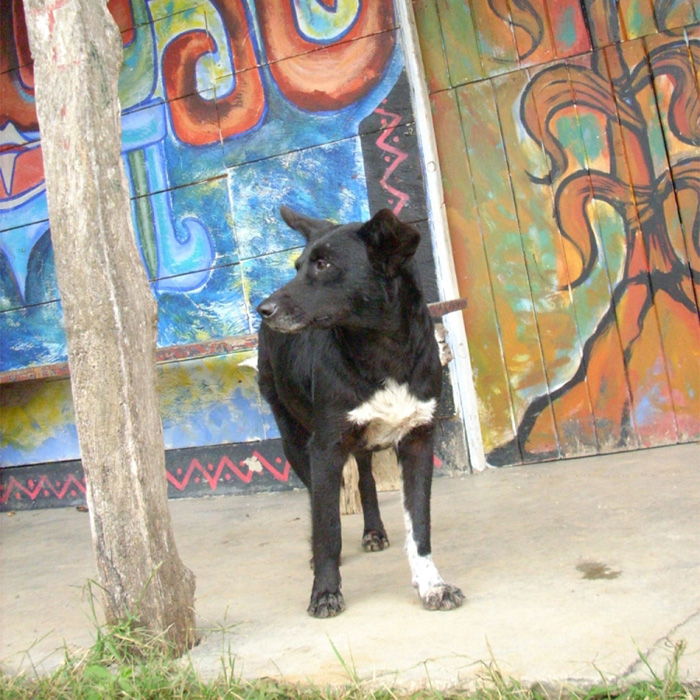Members
Research Collaborator
SHUNKICHI HANAMURA

INSTITUTION
The Center for African Area Studies, Kyoto University
ACADEMIC FIELD & RESEARCH
I study primate societies and interactions as a way of finding opportunities to reconsider human (i.e., our own) views of society and behavior.
RESEARCH FIELD (FIELD SITE, LOCATION OF RESEARCH)
- The wild chimpanzees of Mahale Mountains National Park, Tanzania
- A provisioned group of Japanese macaques (Arashiyama Monkey Park Iwatayama, Kyoto)
- People met during travel
MAIN PUBLICATIONS/PAPERS
- Hanamura S. “When pricking up one’s ears for the voices of strangers: Others in chimpanzee society” Others: The Evolution of Human Sociality. Kawai K. (Ed.) Kyoto University Press & Trans Pacific Press, pp. 177-216, 2019.
- Hanamura S. “When keeping one’s ears open for the distant voices of others: The process-oriented convention in chimpanzees and institution” Institutions: The Evolution of Human Sociality. Kawai K. (Ed.) Kyoto University Press & Trans Pacific Press, pp. 165-195, 2017.
- Hanamura S. “Encountering monkeys and getting involved in their society: A note on the practice of observation” Encountering Animals I: Analysing Encounters. Kimura D. (Ed.) Nakanishiya Shuppan, pp. 87-104, 2015. (Japanese)
- Hanamura S. Long-distance calls by chimpanzees: How they connect actions and organize their social field beyond visual contact. Primate Research, 26: 159-176, 2010. (Japanese)
- Hanamura S. “Interactions through long-distance call and auditory co-presence in chimpanzeess: The contexts and contingency of hearers’ actions” Border and Connection of Interaction: From Studies on Nonhuman Primates, Humans and Conversation. Kimura D., Nakamura M., Takanashi K. (Eds.) Showado, pp. 185-204, 2010. (Japanese)
COMMENTS
Against the various power and ideologies that restrict the diversity and movement of people (though we may need the request for a certain degree of voluntary activity restraint to prevent the spread of lethal infectious diseases).
Related HP: https://www.africa.kyoto-u.ac.jp/eng/enindex.html